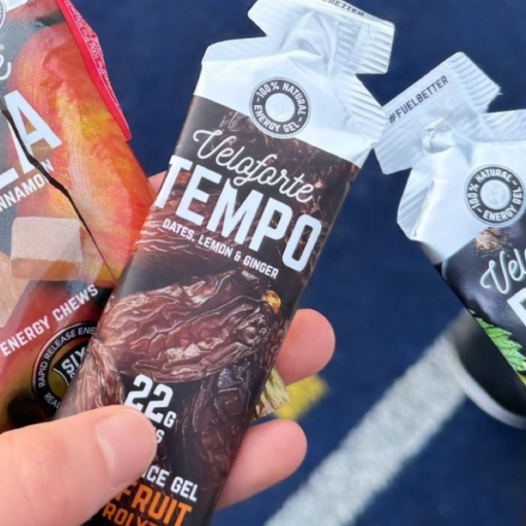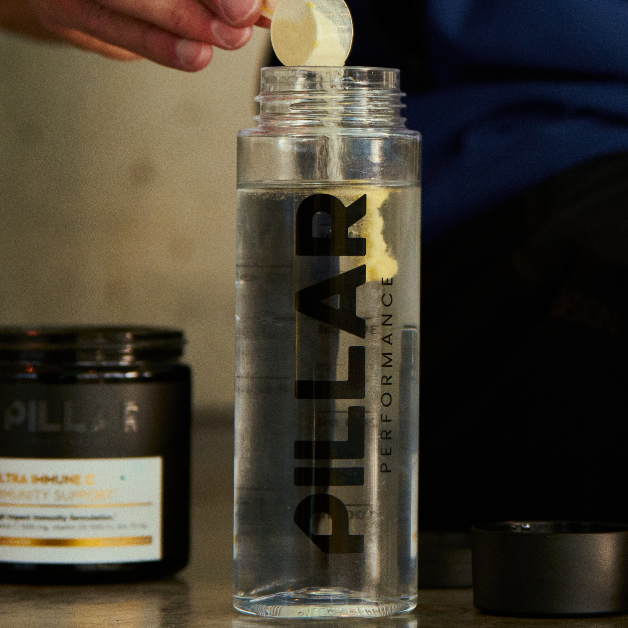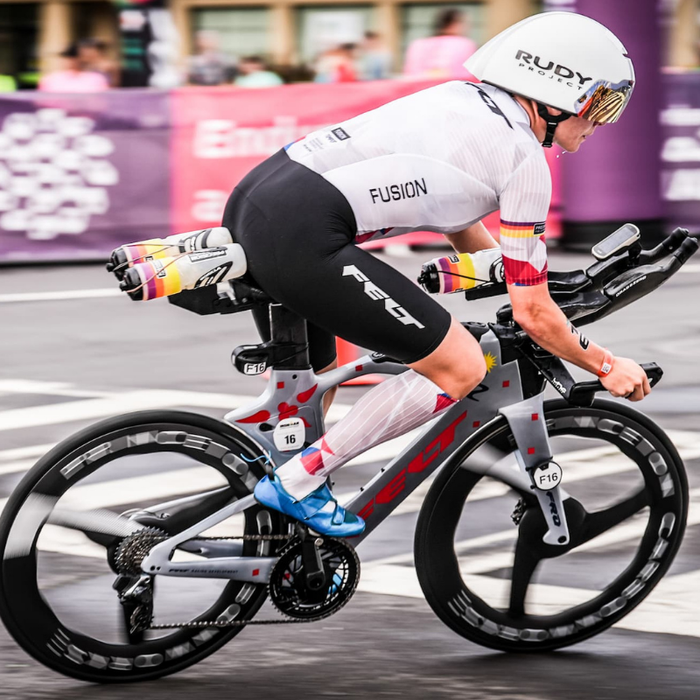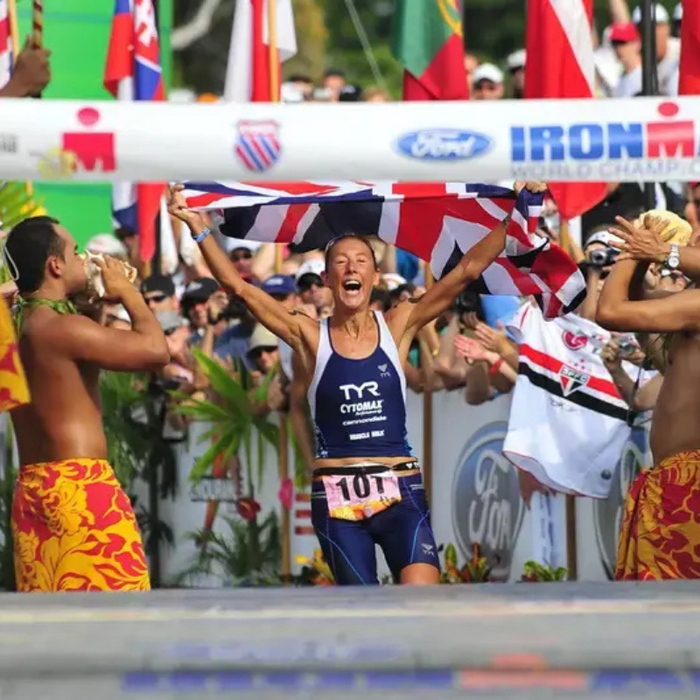
Train Your Gut Like You Train Your Legs – How to Absorb More Carbs Without GI Distress
Learn how to train your gut to absorb up to 120g carbs/hour using Dr. Asker Jeukendrup’s research. Boost endurance, reduce GI distress, and fuel your goals.

Learn how to train your gut to absorb up to 120g carbs/hour using Dr. Asker Jeukendrup’s research. Boost endurance, reduce GI distress, and fuel your goals.

Ever been on a long run, felt fantastic, and then suddenly hit a wall? Your legs feel like lead and every step is a struggle. This frustrating crash, often called "bonking," happens when your body runs out of its easy-to-access...

Stop chasing the "perfect session." Discover why true endurance performance is built on average days, data-driven tracking, and biological intent.

Be Curious. Stay Consistent. For many athletes, the New Year comes with pressure to do more: more sessions, more intensity, more structure. But most consistency problems don’t come from lack of effort. They come from imbalance. From training without space...

30/30s, 30/15s, and 40/20s: The VO₂max Intervals Every Cyclist Should Use VO₂max intervals are some of the most powerful tools in endurance training. Whether you race on the road, build FTP for long-distance rides, or want stronger running and cycling...

When it comes to improving VO₂max, few cycling workouts are as effective—or as misunderstood—as 30/30s, 30/15s, and 40/20s. These short, repeatable, high-oxygen-demand intervals have become staples for endurance cyclists, triathletes, and time-crunched riders who want maximum performance with minimal training...

When your immune system is under pressure from high training loads or stressful work life balance, even a mild cold can affect consistency and confidence.

Level up your indoor cycling and running this winter with Amacx Smart Fuel and Precision Fuel & Hydration. Discover how to optimise fuelling, hydration, and recovery for endurance athletes and turn every indoor session into lasting performance gains.

How Solveig Løvseth became World Champion through precision fueling — a masterclass in elite triathlon nutrition, hydration, and heat management.

Discover how IRONMAN® legends Chrissie Wellington and Danielle Lewis refined their fueling and hydration strategies. Learn how to hit 90–120g carbs/hr, balance sodium, and plan caffeine timing using Precision Fuel & Hydration.